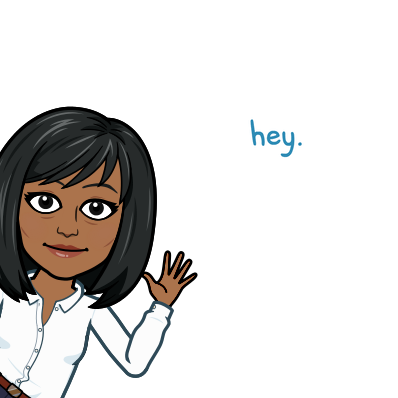The ‘Board Game’: How social class plays out in volunteer leadership and governance spaces. A summary report of the 2027 Community Power Research Project
Board game and playing cards designed to communicate research findings and implications to communities and organisations.
Research REPORT
The ‘Board Game’: How social class plays out in volunteer leadership and governance spaces. A summary report of the 2027 Community Power Research Project
Explorations of volunteer leadership and governance within social sector institutions rarely centre the issue of social class and how class identity may impact participation. The arguably hard-to-reach spaces in which governance and statutory bodies operate likely limits more diverse participation. Our research has brought class to the forefront of this exploration by examining research participants’ impressions, perceptions and lived experiences of aspirant and current board membership in five sectors (housing, prisons, health, education and community foundations). We began with three research questions:
(1) How well-represented are working-class people within social sector institutions?
(2) What is the relationship between working-class representation and effectiveness of governance boards?
(3) How do systems of power interact with working-class people in social sector institutions?
(1) How well-represented are working-class people within social sector institutions?
(2) What is the relationship between working-class representation and effectiveness of governance boards?
(3) How do systems of power interact with working-class people in social sector institutions?
Using qualitative methods and narrative analysis enabled us to interrogate and expand our questioning further to firstly, better understand some of the opportunities and barriers to participation in governance and volunteer leadership spaces faced by our research participants, and secondly, once they’re in those spaces, how working-class individuals in particular seem to navigate them. Our analysis highlights how entry into volunteer leadership domains seems largely dependent on luck, combined with the accumulation and activation of different capitals including knowledge of networks and lived experience. Events described by our research participants vividly portray images of ‘playing a game’ – a ‘board game’ so to speak. Chance encounters with those already on governance boards, or random sightings of board role vacancies ‘proffer opportunities’ to those from working-class backgrounds to consider and take on board roles. If successful, there are usually a series of rules – often unwritten – to follow and be seen to be following. Each encounter presents itself with a list of possible tasks and outcomes – like picking a card from a deck. Social class often becomes a signifier of difference (which can, in the right environment, be a potential initiator of change – analogous to moving forward a space or two on the board), but also something to ‘explain’ or even explain away (a potential inhibitor of change especially in spaces that implicitly operate to maintain the status quo – equivalent to moving backwards on the board). ‘Governance’ happens not only externally at board-level but also internally at the individual-level in terms of how to act, be and be perceived – particularly among those from working-class backgrounds. This report asks why becoming a volunteer leader should be a game at all. Implications and recommendations are explored, including how organisations and boards can do better.
programme design and comms: a comic strip!
Our team at the Centre for Knowledge Equity needed a way to communicate a new programme of work that would potentially be co-designed and driven by Lived Experience (LEx) Leaders and communities. We created a comic strip and website to speak to community groups and lived experience leaders who may want to get involved and co-develop the programme with us.
research poster: oxtalent award winner 2016
PHD featured as case study exemplar
In 2019, my PhD research was featured as an exemplar by the University of Oxford's Social Sciences Division of a successful doctoral project with an external partner/business.
This infographic was created by Laura Sorvala to illustrate the case study.
